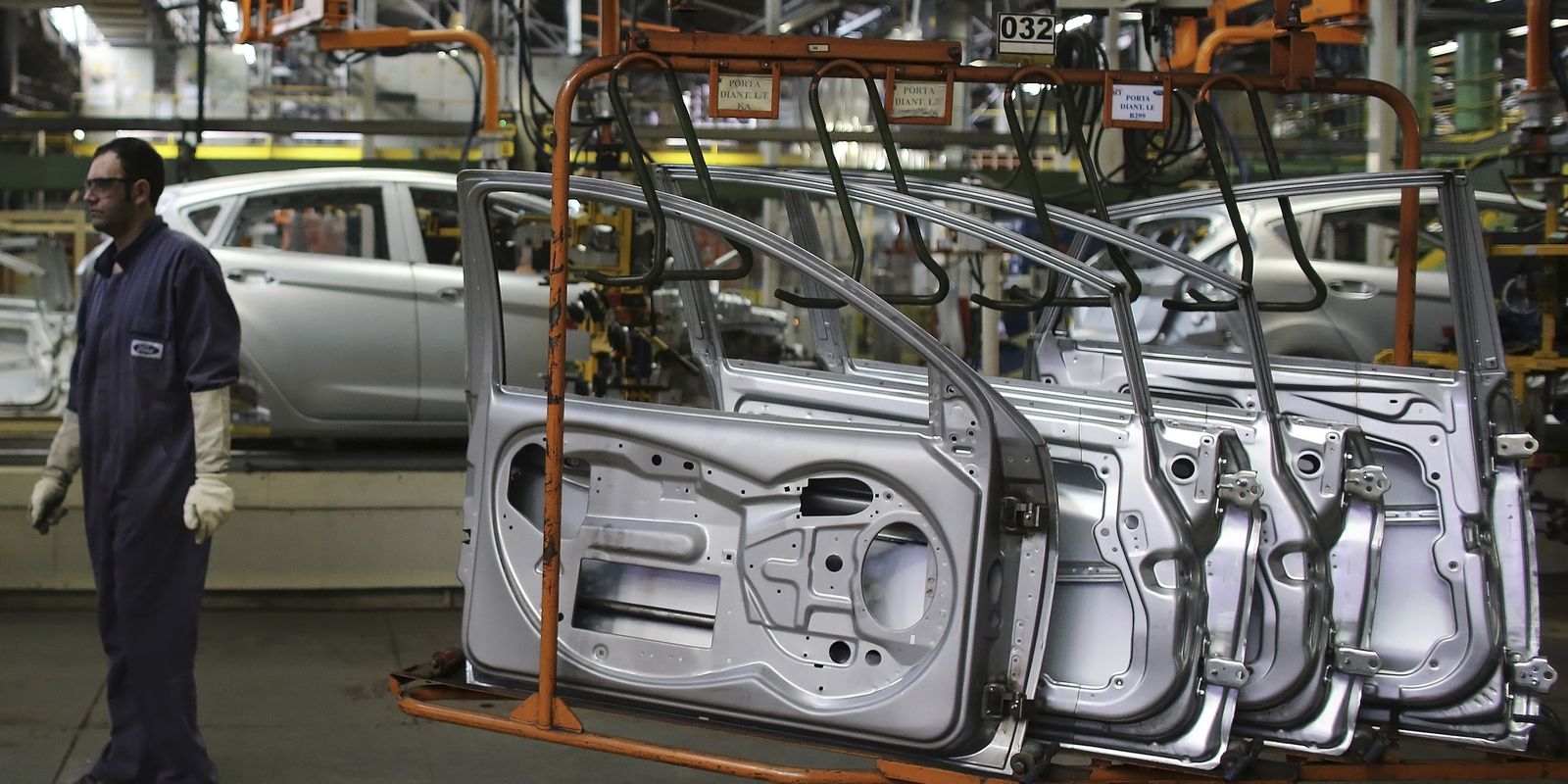A survey by the National Confederation of Industry (CNI) released today (1st) shows that the rise in prices of inputs and raw materials hit the industrial sector unexpectedly in March. According to the survey, the increase in the costs of national inputs and raw materials exceeded the expectations of 71% of companies in the extractive and transformation industry, and 73% in the specific case of the civil construction industry.
According to the CNI, 58% of companies in the extractive and manufacturing industry and 68% in construction reported higher-than-expected price increases for imported inputs. For the confederation, the result coincides with the beginning of the war between Russia and Ukraine, which worsened the disruption of supply chains. As a result, in addition to delays and interruptions in the supply of inputs, prices also increased.
“In five sectors, the general increase in national prices surprised more than 80% of companies. These are: rubber products, biofuels, metallurgy and motor vehicles and cleaning products. The high cost of imported inputs exceeded the expectations of 100% of biofuel companies, 94% of the rubber products industries, 75% of the printing sector and 73% of the chemical industry”, informed the CNI.
According to the survey, the scenario of delays in supply chains generated a reconfiguration in the production of Brazilian industries, especially in those that depend on imported inputs, with reflections on 40% of the general industry (extractive and processing) and 54% of the industry. of construction.
These industries had to change their strategy for acquiring inputs and raw materials and looking for suppliers in Brazil. Among the companies that already buy in Brazil, 43% of the general industry (extractive and processing) and 50% of the construction industry say they look for other suppliers in the country.
The share of national companies that seek alternative suppliers outside the country is 18% in the extractive and transformation industry and 3% in civil construction.
The survey shows that the proportion of companies in the extractive and transformation industry that foresee normalization of the supply of inputs and raw materials, still in 2022, is 39%. The percentage of companies in the general industry and construction that expect normalization only in 2023 is 25%, 36% for domestic products and 31% and 45% for imported products.

















